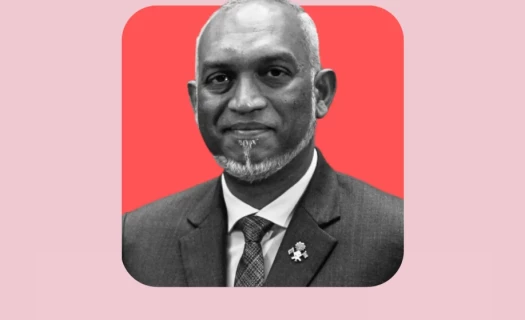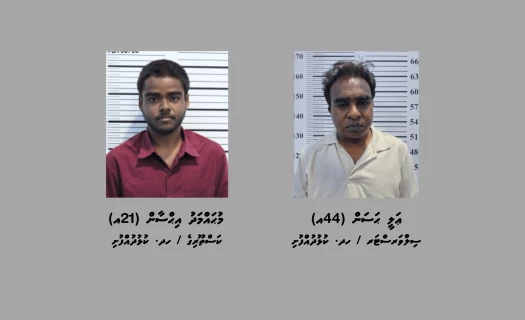Attorney General assures journalists on addressing media bill concerns

Attorney General Ahmed Usham has assured journalists that their concerns about the controversial media regulation bill will be addressed.
The bill, introduced in Parliament on November 13 by independent MP Abdul Hannan Abubakar, seeks to replace the Maldives Media Council (MMC) and Broadcasting Commission (Broadcom) with a new government-controlled body.
Under the proposed legislation, the new commission would wield significant powers, including the ability to impose fines, revoke media licenses, and demand formal apologies from journalists and media outlets.
Critics argue that these provisions threaten press freedom in the Maldives.
In response, the Maldives Media Council (MMC) and the Maldives Journalists Association (MJA) have launched a campaign titled "Hatharehge Hahgguga" or "Rights of the Fourth Estate."
Representatives of the campaign met with AG Usham, Youth Minister Ibrahim Waheed, and Strategic Communication Minister Ibrahim Khaleel today to voice their objections.
Following the meeting, the AG's office stated that Usham had listened to the journalists' concerns and assured them he would work to resolve their issues.
Following the meeting. MJA Secretary General Ahmed Naif, speaking at a press conference, said the AG expressed an opinion to dissolve both MMC and Broadcom and to avoid direct regulation of the media.
Naif noted, however, that no formal decision had been made.
The journalists and associations at the meeting urged the government to reject the current bill and draft a new one in consultation with media stakeholders.
The proposed legislation outlines a seven-member commission, with four members appointed by the President and approved by Parliament, and three elected by journalists and media outlets.
Only media professionals with at least five years of registration would be eligible to vote for these representatives. The Chairperson and Vice-Chairperson would also be appointed by the President with parliamentary approval.
If enacted, the commission would have the authority to enforce a code of conduct, levy fines, suspend licenses, halt programs, or demand apologies.
Fines for repeated violations could range from MVR 5,000 to MVR 50,000 for media outlets, while individual journalists could face fines between MVR 5,000 and MVR 10,000.
The proposal has sparked widespread criticism from media organizations, who argue that it undermines press freedom and gives the government undue control over the media landscape.














